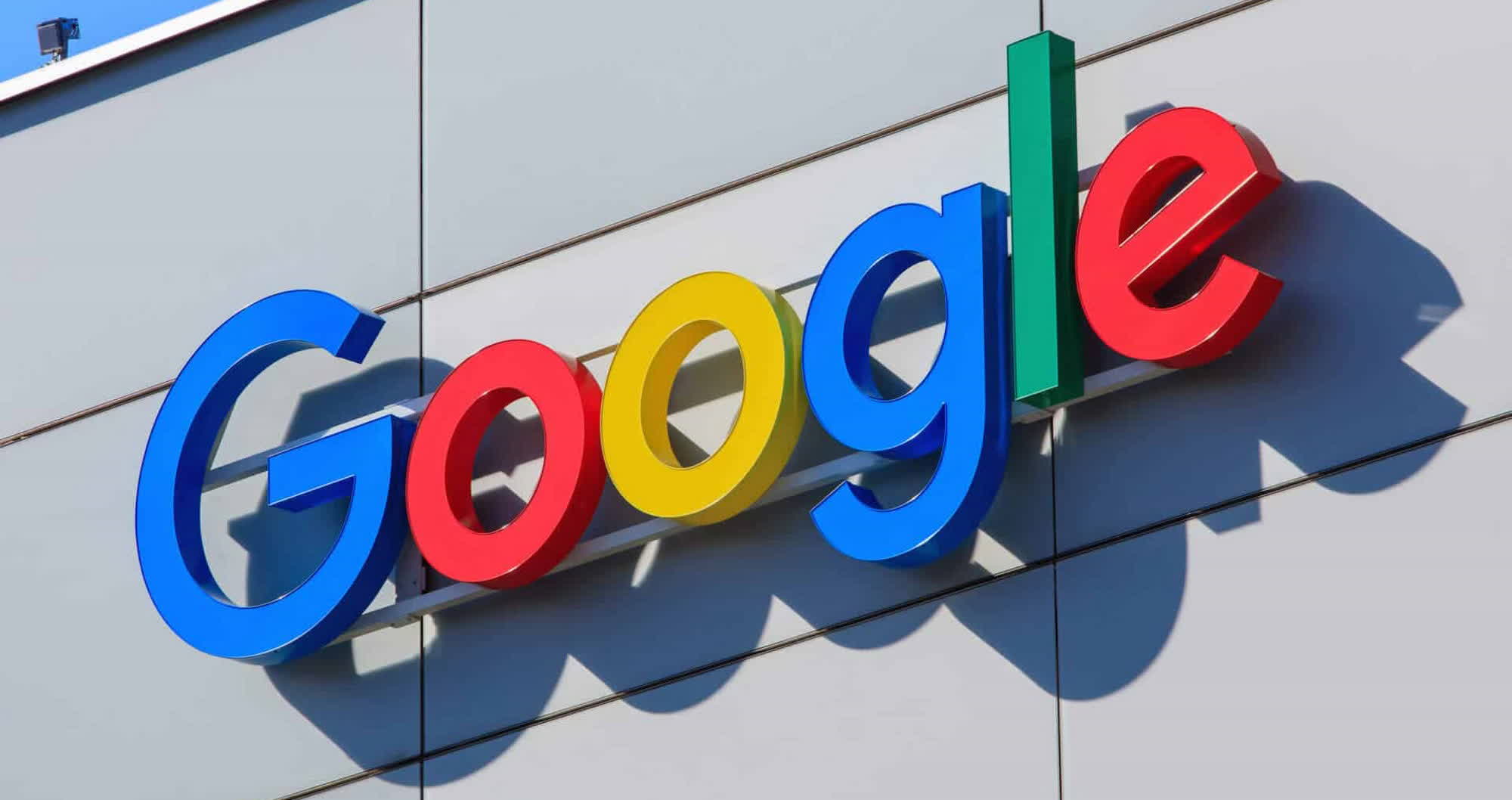What just happened? Google decided to deprecate support for the experimental JPEG-XL image format, and Free Software Foundation is now accusing the corporation of being a predatory monopolist which has no interest in what's really best for the web.
JPEG-XL is a recent image format optimized for responsive web environments, a potential new standard designed to transition the web from the legacy (yet still extremely popular) JPEG format while being based on the open source PIK technology. JPEG-XL/PIK can reduce storage cost while offering higher quality and a larger feature set, but the decision made by Google could very well become a death sentence for the format.
In a comment on the Chromium project posted in 2022, a Google engineer said the developers decided to remove the JPEG-XL experimental code from the open source browser framework. The "ecosystem" didn't have enough interest for the format, the developer said, while the format itself "does not bring sufficient incremental benefits" over existing formats. Therefore, removing the JPEG-XL code and flag would reduce the overall maintenance burden of the Chromium project.
As highlighted by Greg Farough, campaigns manager at the Free Software Foundation (FSF), Chromium is the dominant force behind the modern web powering around 80 percent of worldwide browser usage with Chrome and Chromium-based, third party browsers like Edge, Opera and Vivaldi. "In supposedly gauging what the ecosystem wants," Farough said, Google is just asking itself "what Google wants."

Once again, FSF said, Google is doing what is best "for its own predatory interests," not what's best for the web. After Mountain View decided to deprecate the JPEG-XL code in Chromium, developers made the issue the most "starred" one in the history of the project. Despite what Google said, the "ecosystem" is seemingly very interested in JPEG-XL support and was asking the advertising corporation not to do what it did anyway.
Google is trying to control every aspect of the web to always benefit its own business interests, FSF suggested. For this very reason, in place of JPEG-XL the corporation decided to support the AVIF format. AVIF, or AV1 Image File Format, is an open source, royalty-free specification which uses the same compression algorithm of the AV1 video format to store images or image sequences.
AVIF is yet another facet of the "web that Google itself controls," FSF said, because the Alliance for Open Media (AOM) and its members (Google, Amazon, Apple, Meta) are under investigation by the European Union for the AV1 hidden licensing terms. What Google really wants is control over the web, FSF said, while users and independent developers really want "freedom."
As for the JPEG-XL image format, Google's decision to remove the technology from Chromium will likely have significant effects on the future development of the technology. Mozilla Firefox, the only alternative browser technology currently competing with Chromium's monopoly, has taken a neutral stance on JPEG-XL. The format doesn't seem to offer substantial improvements over the competition, the developers said, but Firefox could support it "if usage becomes more widespread."
